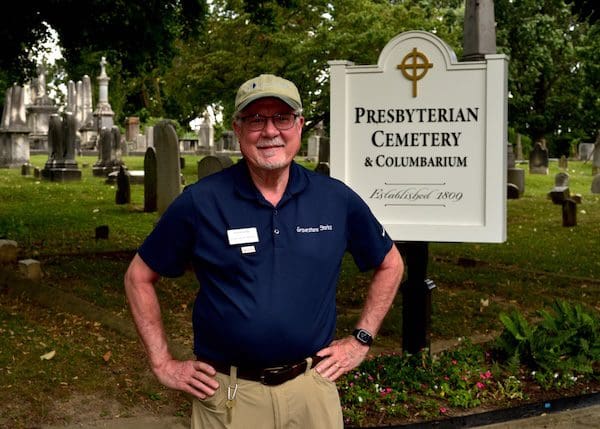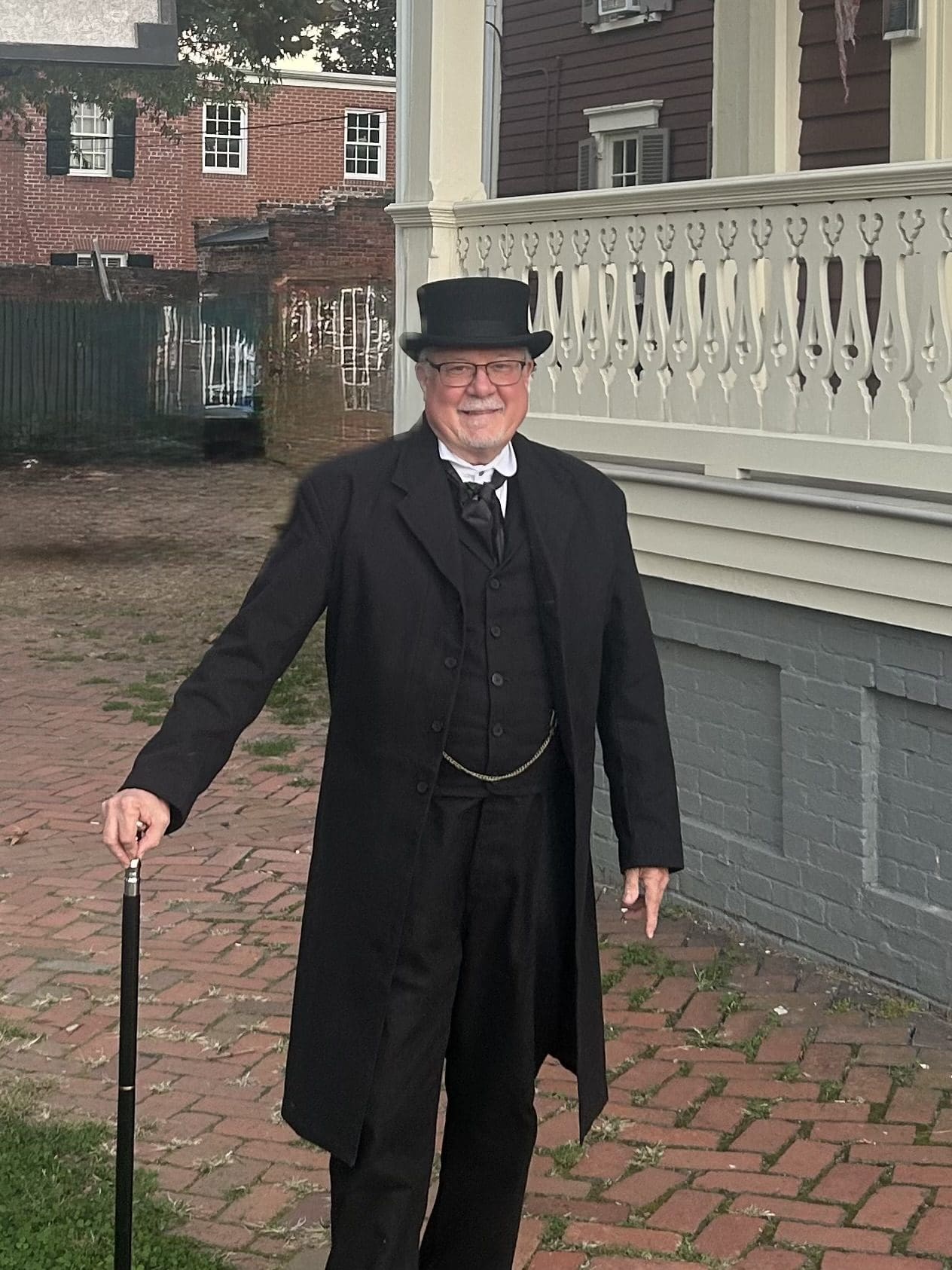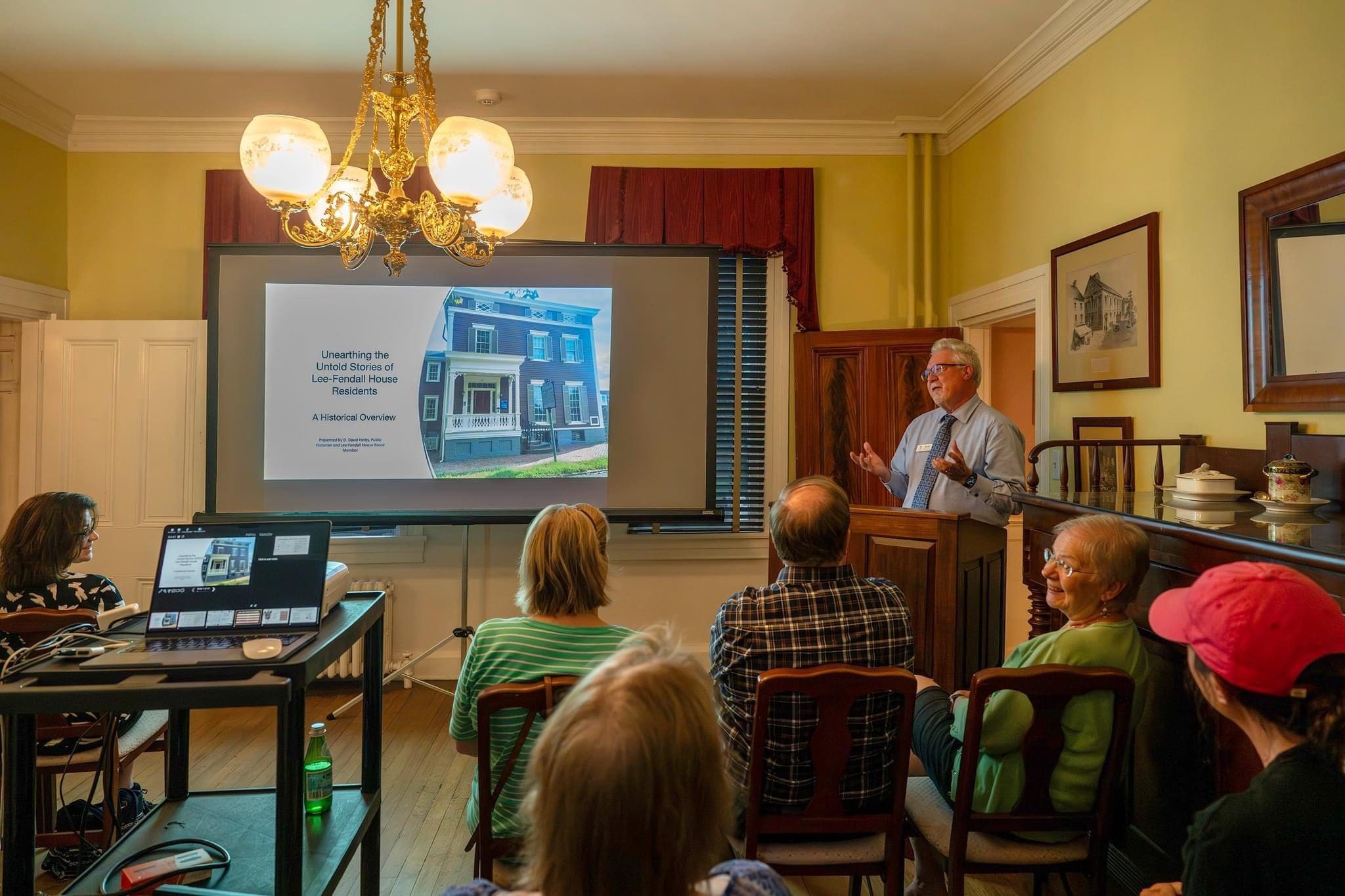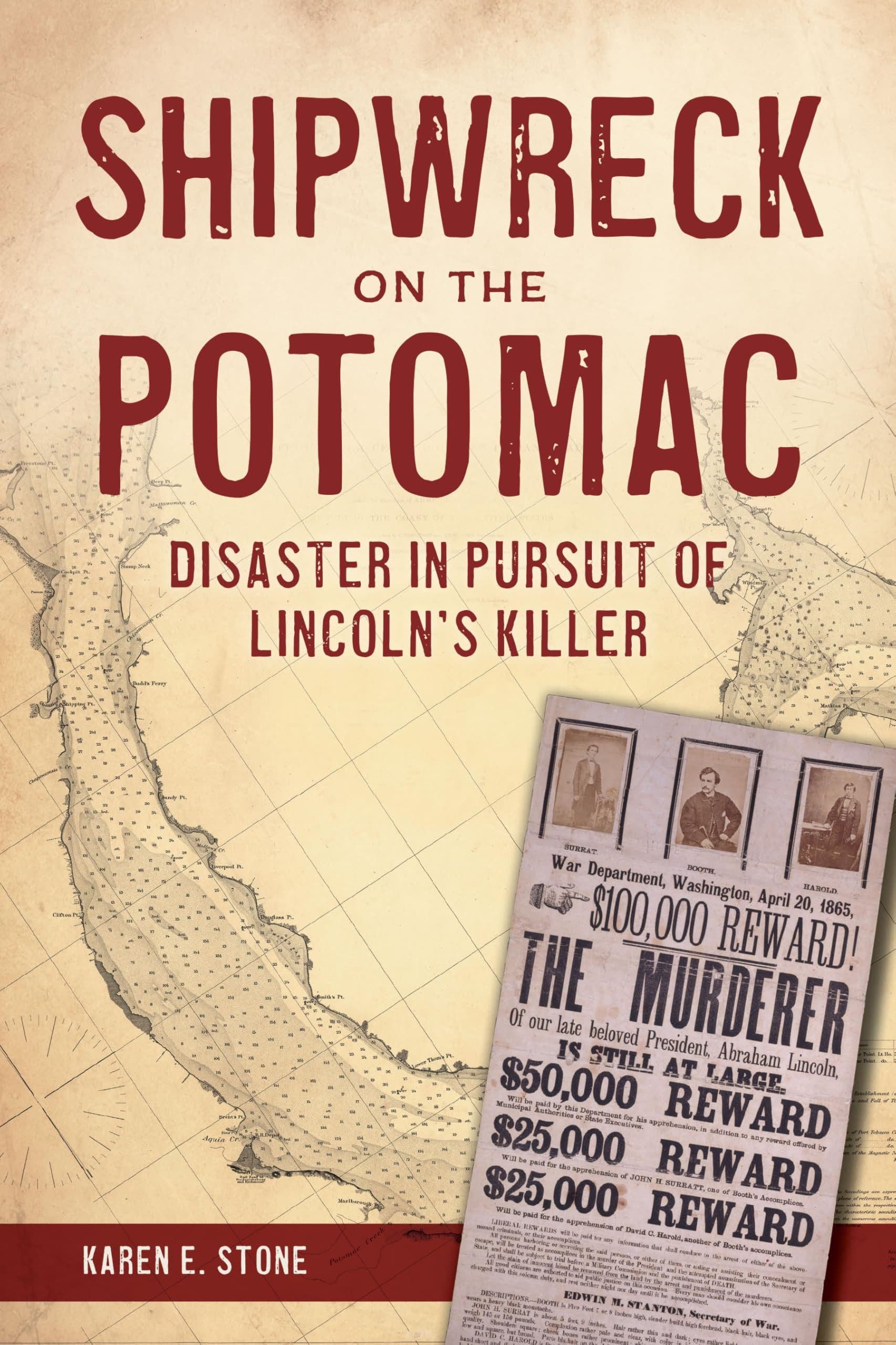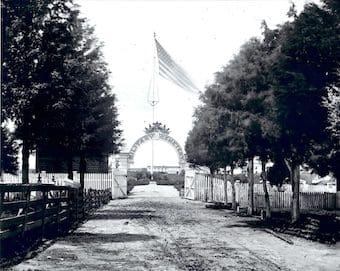Introduction
Douglass Cemetery Alexandria, established in 1895 and active until 1976, is a significant African American burial ground at 1421 Wilkes Street, Alexandria, VA. Named after the renowned abolitionist Frederick Douglass, this historic site is part of the larger Wilkes Street Cemetery Complex.
Douglass Cemetery Preservation Initiative: Veterans Day 2024 Recap
The Veterans Day bouquet sponsorship initiative at Douglass Cemetery Alexandria has concluded, and we are overwhelmed with gratitude for the incredible support from our community.
Thank you to everyone who participated! Your contributions helped us honor those interred at this historic African American burial ground while raising vital funds for its preservation. During Veterans Day weekend, hundreds of bouquets were placed on graves, offering a poignant tribute to veterans and all individuals laid to rest at Douglass Cemetery.
This initiative would not have been possible without the partnership of the Memorial Day Flowers Foundation, a registered 501(c)(3) non-profit organization that began handing out 10,000 flowers to visitors at Arlington National Cemetery in 2011. Their unwavering commitment to honoring those who have served is truly admirable. Below is an inspiring video featuring Ramiro Penaherrera, Executive Director of the Memorial Day Flowers Foundation, highlighting their impactful work and commitment to preserving memories through flower placement.
Preservation work at Douglass Cemetery is ongoing, and many ways exist to stay involved. Whether by donating, volunteering, or sharing the stories of those buried here, your contributions make a lasting difference.
Contact for Information and Involvement
For more information on preservation efforts or how to get involved, please contact Michael Johnson at Michael.Johnson@alexandriava.gov.
Michael Johnson is leading efforts to rehabilitate Douglass Cemetery Alexandria and uncover the stories of those buried within. His extensive research has already connected with over 125 descendants across the nation. In addition to his work with the cemetery, he serves on the board of directors of the Social Responsibility Group, an organization dedicated to advocating for the disenfranchised. The Social Responsibility Group amplifies the voices of marginalized communities and advances equity through meaningful programs and initiatives.
Mr. Johnson’s commitment to preserving history and promoting social justice is evident in his dedication to Douglass Cemetery and beyond. Whether you have family connections to the cemetery or simply want to contribute to preserving this vital piece of Alexandria’s history, your participation is welcomed.
History and Significance
Douglass Cemetery Alexandria serves as a testament to the struggles and resilience of the local Black community from the late 19th to the late 20th centuries. The cemetery has been active for over 80 years, with the last burial being in 1976. It holds nearly two centuries of rich history and cultural heritage, reflecting the African American experience in Alexandria and the broader region.
Timeline
- 1895: Establishment of Douglass Cemetery Alexandria
- 1895-1976: Period of active burials
- 1976: Last burial in the cemetery
Land History
- Douglass Cemetery Alexandria was originally part of Spring Garden Farm, owned by William Burton Richards (buried in nearby St. Paul’s Cemetery)
- Before becoming a cemetery, L. Peyton Chauncey, a well-known Alexandrian memorial stone provider, owned the land.
- Michael Johnston, a descendant of family members buried in the cemetery, confirms that Chauncey owned the land before the Douglass Cemetery board of trustees acquired it.
Key Features
Burial Patterns
- Eastern half of Douglass Cemetery Alexandria: Chronological sequence of burials based on time of passing
- The western half of Douglass Cemetery Alexandria: Family burial plots reflecting strong kinship bonds
Preservation Challenges
- Originally containing nearly 2,200 burials
- Fewer than 700 markers remain visible today in Douglass Cemetery Alexandria.
- Currently maintained by the City of Alexandria due to abandonment
Archaeological Efforts
- October 2019: Geophysical survey conducted at Douglass Cemetery Alexandria by Alexandria Archaeology
- Non-invasive techniques used to identify potential burial locations
Notable Figures
Fields Cook
A prominent African American leader and original board trustee of Douglass Cemetery. His involvement reflects broader contributions to civil rights and community leadership in Alexandria. Fields Cook is buried in Bethel Cemetery, also part of the Wilkes Street Cemetery Complex, further emphasizing his connection to this historic area. For more about Fields Cook’s life and his role in indicting Jefferson Davis, visit our detailed blog post [link].
L. Peyton Chauncey
- Managed burials in the cemetery
- Buried in the Union Cemetery of the Washington Street United Methodist Church, also located in the Wilkes Street Cemetery Complex
- Other Chauncey family members are buried in the abandoned Methodist Protestant Cemetery located across Wilkes Street, adjacent to the Alexandria National Cemetery.
Part of a Larger Complex
Douglass Cemetery is an integral part of the Wilkes Street Cemetery Complex, a significant collection of 13 historic burial grounds in Alexandria. Established in 1895, Douglass Cemetery is one of the later additions to this complex, which spans from the late 18th century to the early 20th century.
The Wilkes Street Cemetery Complex represents a unique historical landscape reflecting Alexandria’s rich cultural tapestry and changing demographics over two centuries. It includes cemeteries representing various religious denominations, ethnic groups, and community organizations, offering invaluable insights into the city’s diverse heritage.
Key aspects of the complex:
- It encompasses burial grounds established from 1796 to 1933, chronicling Alexandria’s growth and social evolution.
- The complex includes several historically significant African American cemeteries, of which Douglass Cemetery is crucial.
- Various religious traditions are represented, including Protestant, Jewish, and African American denominations.
- The Alexandria National Cemetery, established during the Civil War, adds a military historical dimension to the complex.
The proximity of these burial grounds allows visitors to explore the evolution of burial practices, artistic styles in memorials, and the changing demographics of Alexandria. This complex serves as a vital resource for genealogists, historians, and anyone interested in the multifaceted history of Alexandria and the broader region.
Douglass Cemetery’s position within this larger complex enhances its historical significance, placing the African American experience in Alexandria’s broader social and cultural landscape.
Preservation Efforts
The City of Alexandria’s custodianship of the cemetery highlights ongoing efforts to preserve this vital piece of African American history. These preservation initiatives aim to ensure that the stories and legacies of those interred continue to educate and inspire future generations.
Get Involved with Douglass Cemetery Alexandria
Douglass Cemetery Alexandria is not just a historical site; it’s a living connection to the past. Michael Johnson, who is leading efforts to rehabilitate the cemetery, has made significant progress in this regard:
- Through extensive research, Mr. Johnson has located more than 125 descendants of those buried at Douglass Cemetery Alexandria throughout the nation.
- This ongoing work helps to preserve the stories and legacies of those interred, creating a living connection between the cemetery and contemporary families.
Further Information and Resources
For those interested in exploring more about Douglass Cemetery Alexandria and the broader context of African American history in the area, the following resources are available:
- Visit the Cemetery at 1421 Wilkes Street, Alexandria, VA
- City of Alexandria Resources
- Historical Preservation Department
- African American History Division (formed in 2023)
- Alexandria Black History Museum 902 Wythe Street, Alexandria, Virginia 22314 This comprehensive resource for African American history includes:
- The Museum
- The Watson Reading Room
- The Alexandria African American Heritage Park is located at 600 Holland Lane, Alexandria, VA, directly across Hooff’s Run, west of the main portion of the Wilkes Street Cemetery Complex.
- Related African American Historic Sites in Alexandria
- Freedom House Museum 315 Duke Street, Alexandria, VA
- Contrabands and Freedmen Cemetery Memorial 1001 S. Washington Street, Alexandria, VA.
- Various sites along the African American Heritage Trail
These sites are part of Alexandria’s commitment to preserving and sharing African American history, advancing the city’s goal of building a welcoming community through equity and inclusion.
Sources of Information
For those interested in further research on Douglass Cemetery Alexandria, the following sources provide valuable information:
Pippenger, W. E. (1992). Tombstone Inscriptions of Alexandria, Virginia (Volume 3). Family Line Publications. Westminister, MD 21157.
Pippenger, W. E. (1993). Tombstone Inscriptions of Alexandria, Virginia (Volume 4). Family Line Publications. Westminister, MD 21157.
Find A Grave. (n.d.). Douglass Cemetery. Find A Grave. https://www.findagrave.com/cemetery/2151092/douglass-cemetery
These resources offer detailed information about the inscriptions found in the cemetery and provide a valuable online database of burial information. Michael Johnson’s ongoing research continues to uncover new information and connections to living descendants, making him an excellent point of contact for the most up-to-date information about Douglass Cemetery Alexandria.
